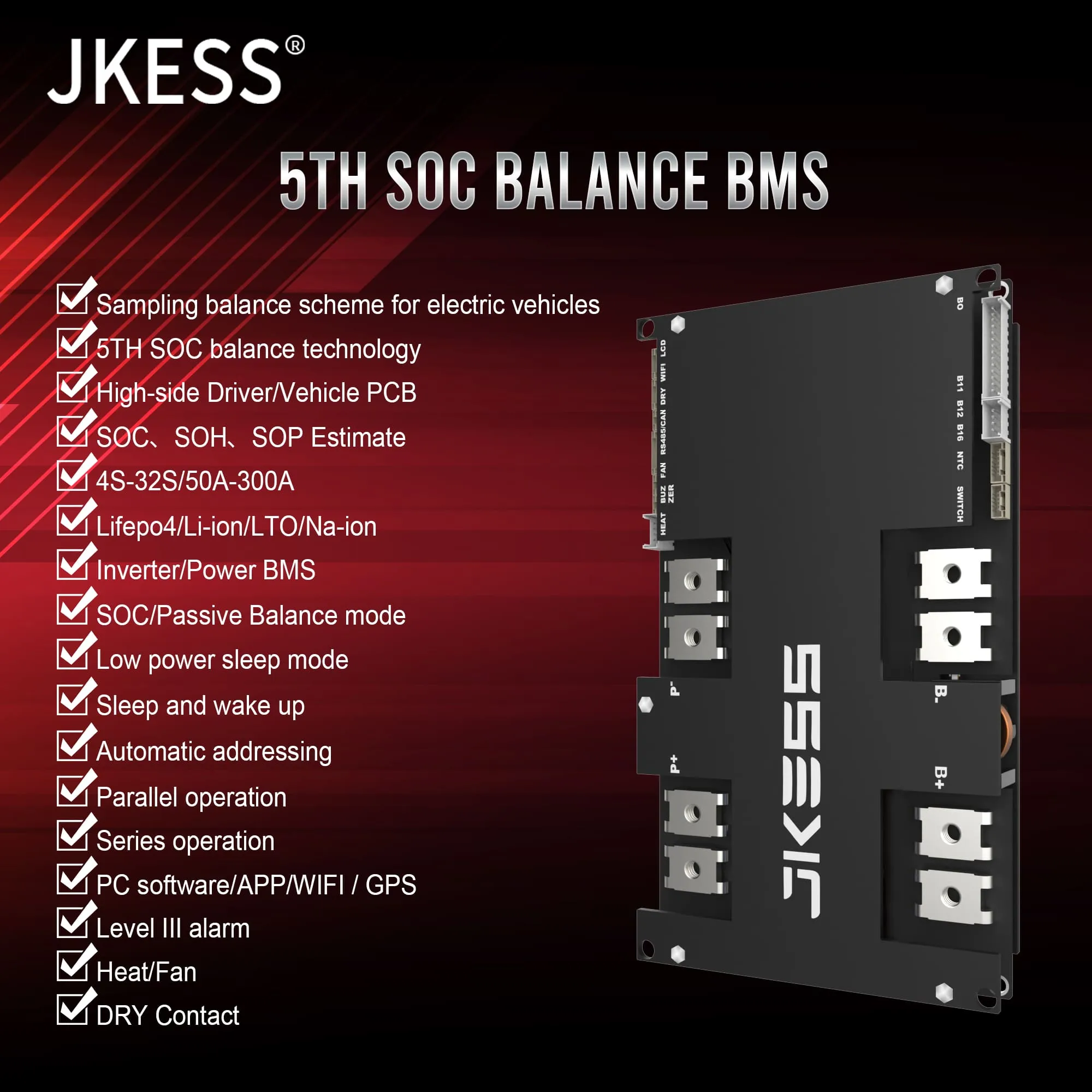Expanding Energy Independence with Modern Storage Solutions
In regions where reliable access to electricity is limited, or where individuals and businesses seek greater energy independence, electric energy storage has emerged as a transformative technology. Off-grid applications, in particular, rely heavily on the ability to generate, store, and distribute power without depending on centralized networks. For communities in remote locations, storage is not just a convenience but often a necessity for daily living.
The growing integration of renewable sources, such as solar and wind, highlights the essential role of electric energy storage. These systems make it possible to capture surplus electricity when generation is high and release it when demand peaks or when generation slows. For off-grid environments, this process ensures continuity, resilience, and sustainability.
Types of Electric Energy Storage Systems
Electrochemical Storage Systems
Electrochemical systems, particularly lithium-ion batteries, have become the standard choice for many off-grid applications. Their compact design, high efficiency, and ability to store large amounts of energy make them suitable for homes, cabins, and even small businesses. Flow batteries are another solution, offering longer lifespans and flexible scaling, which is ideal for communities operating microgrids.
Mechanical Storage Systems
Mechanical solutions such as flywheels and compressed air storage also serve off-grid purposes, though on a larger scale. Flywheels are valued for their rapid energy delivery, which stabilizes microgrid fluctuations, while compressed air systems can store substantial amounts of energy for release when renewable sources dip. Though less common in remote households, they are increasingly being explored for community-wide off-grid projects.
Advantages of Electric Energy Storage in Off-Grid Environments
Energy Reliability and Security
In off-grid setups, energy reliability is paramount. Electric energy storage ensures that lights remain on at night, appliances continue to function, and critical systems operate without interruption. Without storage, reliance on solar or wind alone would leave significant gaps in coverage.
Cost Savings Over Time
For many off-grid users, fuel-based generators were once the only fallback. However, electric energy storage provides a cost-effective alternative. Though initial investments may seem high, long-term savings arise from reduced fuel costs, less maintenance, and the ability to maximize renewable output.

Integration of Electric Energy Storage with Renewable Power
Solar Power Integration
Solar panels are one of the most common energy sources in off-grid living. Electric energy storage captures midday excess generation and shifts it into evening hours, matching availability with actual usage patterns. This not only makes solar more practical but also increases the return on investment for off-grid households and communities.
Wind Power Integration
Wind resources often generate electricity during night hours when demand may be low. With electric energy storage, this energy is stored for daytime use, bridging the mismatch between generation and consumption. Off-grid communities in windy regions benefit from greater self-sufficiency by combining wind systems with storage.
Practical Applications of Electric Energy Storage
Residential Off-Grid Systems
From rural cabins to remote eco-homes, electric energy storage makes independent living possible. These systems give households the power to enjoy modern conveniences while reducing reliance on noisy, polluting diesel generators.
Community Microgrids
In remote villages, community-wide microgrids paired with electric energy storage provide reliable electricity for schools, healthcare centers, and small businesses. They create opportunities for economic development and improved quality of life by extending electricity access beyond individual households.
Environmental Contributions of Electric Energy Storage
Reduction of Carbon Emissions
By minimizing or eliminating the need for fossil-fuel generators, electric energy storage reduces emissions in off-grid environments. Cleaner energy distribution not only benefits the atmosphere but also improves local air quality, making communities healthier and more sustainable.
Promotion of Renewable Energy Adoption
Storage systems make renewable adoption more practical by addressing intermittency challenges. Off-grid communities that adopt electric energy storage transition more easily toward sustainable living, setting a model for larger-scale renewable integration in urban areas.
Technological Developments Supporting Off-Grid Use
Intelligent Control and Monitoring
Modern electric energy storage systems come equipped with intelligent monitoring capabilities. These tools provide real-time updates on energy consumption, system efficiency, and battery health, ensuring that users can manage their energy effectively without requiring technical expertise.
Modular Expansion Capabilities
Scalable systems are especially important for off-grid living. Modular electric energy storage solutions allow households and communities to expand their capacity as energy needs grow. This flexibility ensures long-term value and adaptability, whether for a single-family setup or an expanding village.
Strategic Importance of Electric Energy Storage
Independence from Centralized Grids
For individuals or communities far from centralized power systems, electric energy storage eliminates dependence on costly infrastructure extensions. It empowers users to create reliable, self-sufficient networks that function independently, regardless of grid availability.
Resilience During Emergencies
In natural disasters or unforeseen disruptions, electric energy storage offers an invaluable safeguard. Off-grid systems equipped with storage ensure continuity of essential services such as communication, refrigeration, and medical equipment operation, even when external supplies fail.
Long-Term Economic and Social Benefits
Supporting Local Economies
Access to reliable electricity through electric energy storage enhances productivity in off-grid areas. Small businesses can operate consistently, educational institutions benefit from extended study hours, and healthcare facilities maintain critical functions. These changes promote community development and stability.
Encouraging Sustainable Lifestyles
Off-grid systems that incorporate electric energy storage encourage communities and individuals to live within sustainable means. By efficiently managing renewable energy, users learn to balance consumption with production, creating long-term cultural and environmental benefits.
FAQs About Electric Energy Storage
What types of electric energy storage are best for off-grid living?
Lithium-ion batteries are the most common, but flow batteries and modular systems also serve well depending on energy needs.
Does electric energy storage completely replace generators in off-grid setups?
In many cases, it does. While some users keep generators as backup, storage paired with renewables can significantly reduce or eliminate generator reliance.
How long do electric energy storage systems last in off-grid applications?
Lifespan varies by technology, but many modern systems last 10–15 years with proper maintenance.
Is electric energy storage worth the cost for remote households?
Yes, over time it reduces reliance on fuel, lowers operating costs, and ensures reliable power.
Table of Contents
- Expanding Energy Independence with Modern Storage Solutions
- Types of Electric Energy Storage Systems
- Advantages of Electric Energy Storage in Off-Grid Environments
- Integration of Electric Energy Storage with Renewable Power
- Practical Applications of Electric Energy Storage
- Environmental Contributions of Electric Energy Storage
- Technological Developments Supporting Off-Grid Use
- Strategic Importance of Electric Energy Storage
- Long-Term Economic and Social Benefits
- FAQs About Electric Energy Storage

